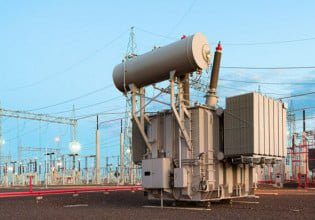Younicos has launched an energy storage consulting services business unit in North America, building upon successful consulting engagements in multiple countries in Europe. Younicos Consulting is a team of energy storage experts spanning key disciplines who provide a range of storage-related consulting services, from system sizing and economic analysis to in-depth feasibility studies with specific system deployment recommendations. The group has already begun consulting engagements in the U.S. in support of energy storage requests for proposal (RFPs), which are increasing significantly as utilities, project developers, commercial users and communities look to add the benefits of storage resources to their power systems.
"We're leveraging our industry-leading expertise built on nearly a decade of experience in energy storage system deployment to help clients determine whether, where and how storage can fit into their power system planning," said Robert Manasse, Younicos Chief Consulting Officer. "We've deployed nearly 100 MW of advanced battery energy storage systems in the US and Europe, and have fully equipped Technology Centers in Berlin and Austin. That gives us the knowledge and performance data to deliver top-level advice and analysis, as well as provide a step-by-step process for implementation."
"With capital costs falling, distributed generation growing, and the many value-added benefits proven, energy storage has entered the mainstream," Manasse continued. "Younicos has an unequaled ability to assess feasibility, examine and evaluate options, and lay out a plan for deployment -- which we think is of value to anyone looking at energy storage as an option."
Battery-based energy storage at grid scale improves the reliability and efficiency of electricity networks for power generators, grid operators and utility end users. Among its benefits are enabling integration of renewable energy resources like wind and solar; providing grid ancillary services, such as frequency control, peak shaving and voltage support; reduced use of diesel for micro-grids; and back-up power.






